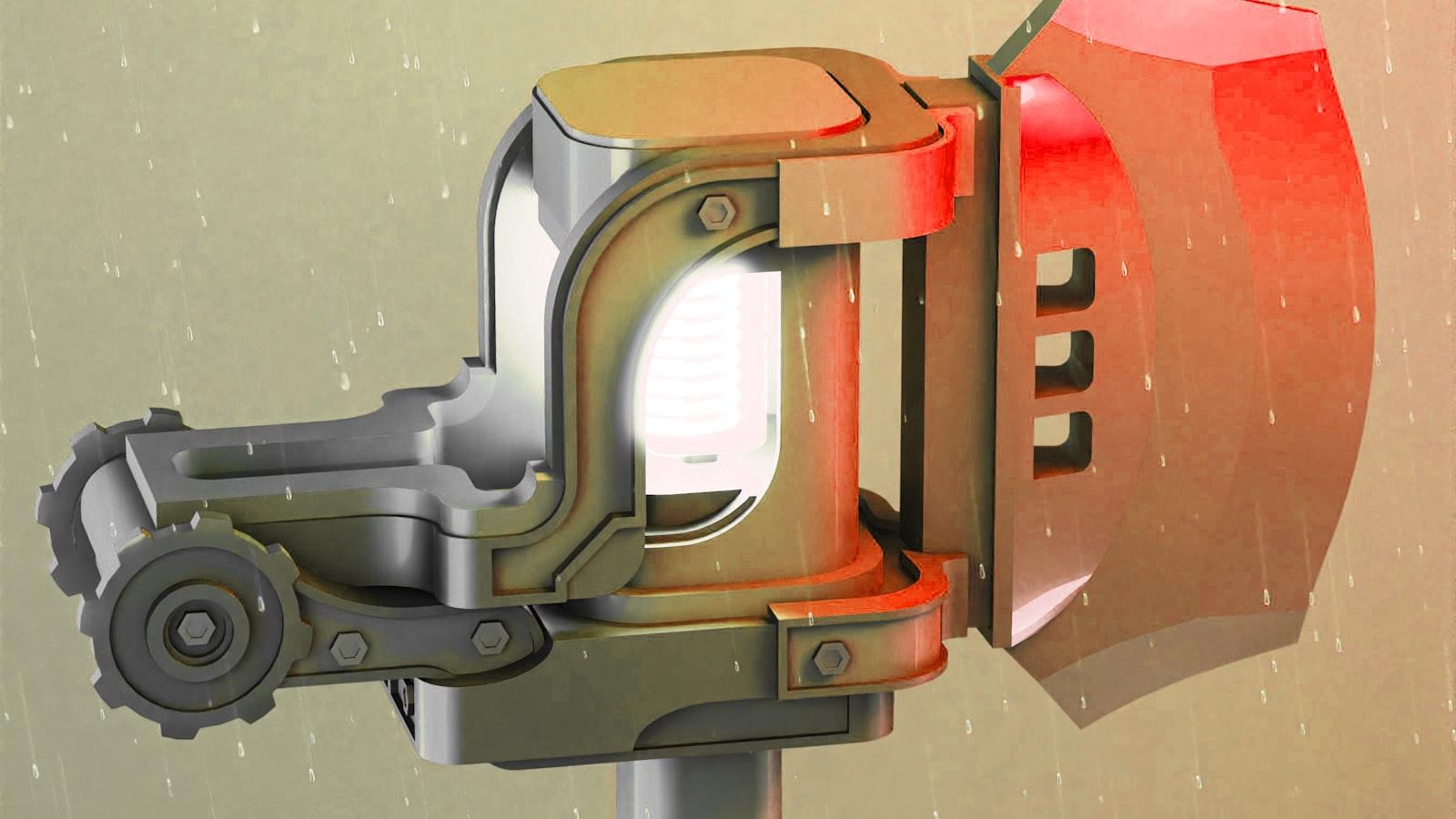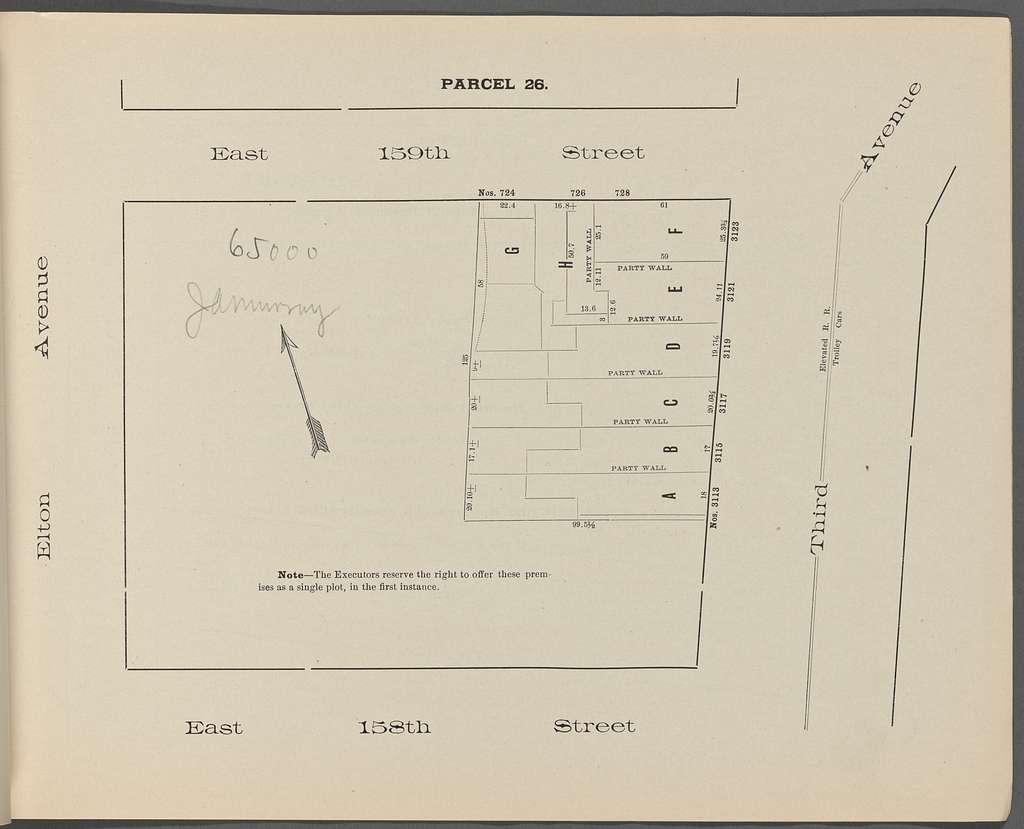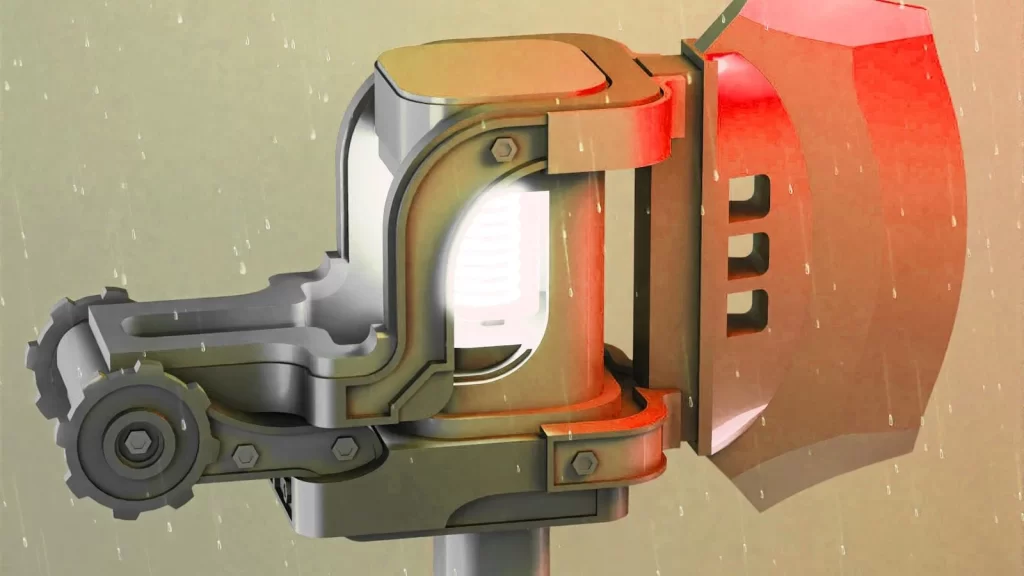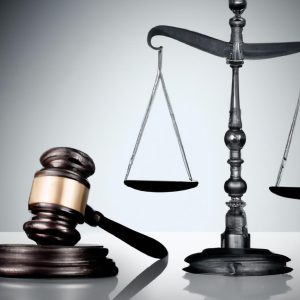In the intricate realm of estate distribution, the role of an executor is often essential in ensuring a deceased individual’s wishes are carried out diligently and accurately. However, a common question that arises is whether an executor of a will can also inherit from the estate they are tasked with overseeing. This article aims to shed light on this complex issue, exploring the legal boundaries and considerations that govern the intersection of executorship and inheritance. Join us as we navigate the nuances of this multifaceted topic, providing clarity and insight for those delving into the realm of wills and estate planning.
Executor’s Role in Probate Process
As an executor of a will, your primary role is to oversee the probate process and ensure that the deceased person’s assets are distributed according to their wishes. While the executor has a crucial responsibility in managing the estate, it is important to understand that being an executor does not automatically entitle you to inherit any assets from the estate.
**The executor’s role in the probate process includes:**
– Managing the deceased person’s assets
– Paying off any debts and taxes owed by the estate
– Distributing the remaining assets to the beneficiaries named in the will or according to the laws of intestacy

Conflict of Interest Concerns
In the complex world of estate planning and probate law, the role of an executor is crucial in ensuring that the wishes of the deceased are carried out according to the terms of their will. However, the question of whether an executor can also inherit from the estate raises significant that must be carefully addressed.
**While it is not entirely prohibited for an executor to also be a beneficiary of the will**, doing so can lead to potential ethical dilemmas and legal challenges. The executor is entrusted with the responsibility of managing the estate and distributing the assets to the beneficiaries in a fair and impartial manner. If the executor is also a beneficiary, there is a risk that they may prioritize their own interests over those of the other beneficiaries, leading to disputes and conflicts that can delay the probate process.

Legal Implications of Executor Inheriting
When it comes to the legal implications of an executor inheriting from a will they are overseeing, there are several important factors to consider. While it is possible for an executor to also be named as a beneficiary in the will, there are certain rules and regulations that must be adhered to in order to prevent any conflicts of interest or accusations of impropriety.
One key aspect to keep in mind is the concept of fiduciary duty, which requires an executor to act in the best interests of the estate and its beneficiaries. If an executor stands to inherit from the estate, it is essential that they disclose this potential conflict of interest to all parties involved and seek legal advice to ensure they are fulfilling their duties in a transparent and unbiased manner. It is also important for the executor to follow all state laws and regulations regarding inheritance by executors to avoid any legal challenges or disputes.

Recommendations for Executors in Wills
When it comes to the role of an executor in a will, many people often wonder if the executor can also inherit from the estate they are responsible for. The answer to this question is not a simple yes or no. It is important to understand that the primary duty of an executor is to carry out the wishes of the deceased as outlined in the will. However, in some cases, an executor may also be named as a beneficiary in the will. When this is the case, there may be additional steps and precautions that need to be taken to avoid any conflicts of interest.
It is crucial for executors who are also named as beneficiaries to be transparent about their potential conflict of interest and seek legal advice to ensure they fulfill their duties properly. In some instances, a court may require the executor to provide a detailed account of their actions and decisions to ensure they are acting in the best interests of the estate and all beneficiaries involved. Ultimately, clear communication and transparency are key when navigating the complex role of an executor who is also set to inherit from the estate.
Q&A
Q: Can an executor of a will also inherit from the estate they are managing?
A: It depends on the specific instructions laid out in the will. In some cases, the executor may also be named as a beneficiary, but this can vary.
Q: Isn’t this a conflict of interest?
A: While it may raise ethical concerns, as long as the executor follows the legal requirements and acts in the best interests of the estate, they can still inherit.
Q: What if the executor is a family member of the deceased?
A: Family members serving as executors who are also named as beneficiaries can complicate matters, but as long as everything is handled transparently and fairly, it may not be a problem.
Q: How can potential conflicts of interest be avoided in these situations?
A: It’s essential for the executor to communicate clearly with all parties involved, seek legal advice, and act in good faith to ensure the estate is distributed according to the deceased’s wishes.
To Wrap It Up
In conclusion, the role of an executor is a crucial one in ensuring that a deceased individual’s final wishes are carried out. While an executor does not automatically inherit from the estate they are overseeing, they may be entitled to a portion of the inheritance if named as a beneficiary in the will. It is important for executors to carefully navigate their responsibilities and any potential conflicts of interest to ensure a fair and just distribution of assets. Thank you for considering the complexities of this important role in estate planning.






